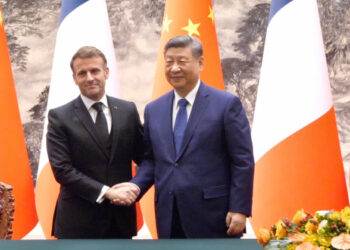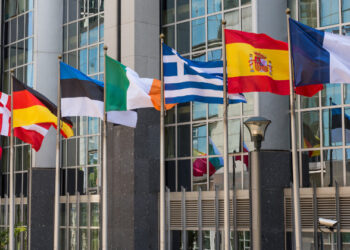24 freezer tuna seiners, 10 pole-and-line tuna vessels, and 22 surface longliners from Spain, France and Portugal will be allowed to fish up to 7,000 tonnes of tuna and related species each year until 2029.
In exchange, the EU will make a financial contribution of €780,000 per year, €350 000 for access rights to the waters of Cabo Verde and €430,000 to support Cabo Verde’s fisheries policy and blue economy sector. In addition, fishing fees paid by vessel owners may add up to almost €600,000 per year.
The deal aims to enhance cooperation between the EU and Cabo Verde to help the country develop a sustainable fisheries policy and promote socioeconomic development. It is a contribution to wider efforts around fisheries control and the fight against illegal, unreported and unregulated fishing (IUU), as it includes rules to improve vessel monitoring, the management of fishing authorisations, and management measures for shark stocks.
MEPs gave their consent to the new protocol with 507 votes in favour, 76 against and 16 abstentions.
Quote by the rapporteur
“This agreement combines remuneration for fishing opportunities with support for the sustainable development of Cabo Verde’s fishing sector, with control and efforts to fight against illegal, unreported and unregulated (IUU) fishing. It will also promote decent working conditions and strengthen scientific capabilities in Cabo Verde. It is a good agreement that protects fishermen from both sides as well as the sustainability of our oceans”, rapporteur Paulo do Nascimento Cabral (EPP, PT) said.
Background
The agreement provides the legal framework for EU vessels to be able to fish highly migratory species (tuna and sharks) in Cape Verdean waters. It is part of a network of EU agreements with west-African coastal states, among them Morocco, Mauritania, and Guinea-Bissau.
The first agreement with Cabo Verde, made in 1990, was replaced in 2007 by the current one, which has been renewed every five years since. The new protocol implementing the agreement has been in provisional application since 23 July 2024.
It covers fishing for tunas and associated species within the rules defined by the International Commission for the Conservation of Atlantic Tunas (ICCAT).











































Discussion about this post